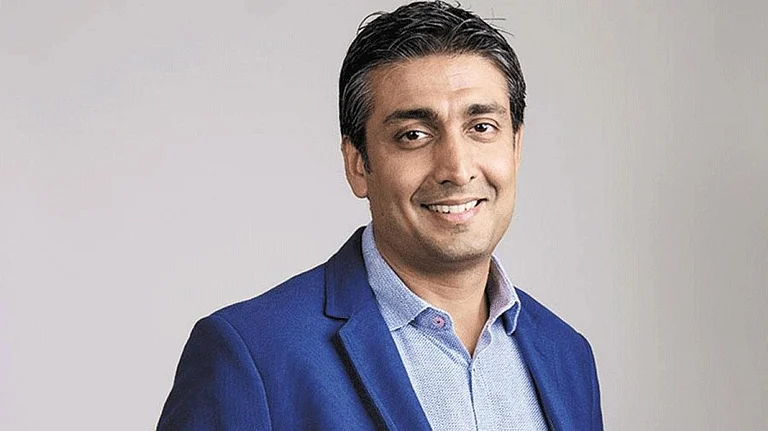As their fortunes grew, Charles and David Koch became the primary underwriters of hard-line libertarian politics in America. Though David’s manner is more cosmopolitan, and more sociable, than that of Charles, Doherty, the libertarian chronicler who has interviewed both brothers, couldn’t think of a single issue on which the brothers disagreed. Charles’s aim, he said, was to tear the government out “at the root.”
Having read the family’s private letters and conducted interviews with the Kochs and their intimates as few other outsiders could, Clayton Coppin, the researcher hired first by the company and later by Bill Koch, saw Charles Koch’s strong political views in the context of his family upbringing. In “Stealth,” his unpublished 2003 report on Charles’s political development, Coppin suggests that Charles harbored a hatred of the government so intense it could only be truly understood as an extension of his childhood conflicts with authority.
From his earliest years, he writes, Charles’s goal was to achieve total control. “He did not escape his father’s authority until his father died,” he notes. After that, Charles went to great lengths to ensure that neither his brothers nor anyone else could challenge his personal control of the family company. Later clashes with unionized workers at the Pine Bend Refinery and with the expanding regulatory state strengthened his resolve. “Only the governments and the courts remained as sources of authority,” Coppin writes, and if enacted, Charles’s “libertarian policies would eliminate these.”
Had Charles wanted merely to promote free-market economic theories, he could have supported several established organizations, but instead he was attracted to fringe groups that bordered on anarchism. Coppin suggests, “He was driven by some deeper urge to smash the one thing left in the world that could discipline him: the government.”
Drawing on a cache of private documents, some of which remain in the possession of Bill Koch, Coppin was able to trace Charles’s political evolution as he moved away from the intellectual fringe of his old mentor, LeFevre, in favor of gaining hands-on power. In response to libertarian thinkers who argued that ideas, not practical politics, were the best instruments of change, Charles wrote a revealing 1978 article in the Libertarian Review, arguing that outsiders like themselves needed to organize. “Ideas do not spread by themselves; they spread only through people. Which means we need a movement,” he wrote. His language was militant, demanding that “our movement must destroy the prevalent statist paradigm.”
In Coppin’s view, it was already clear by this point, at the end of the 1970s, that Charles “was not going to be satisfied with being the Engels or even the Marx of the libertarian revolution. He wanted to be the Lenin.”
Around the same time, an obscure conference subsidized by Charles Koch laid out much of the road map for the Kochs’ future attempted takeover of American politics. In 1976, with a contribution of some $65,000 from Charles Koch, the Center for Libertarian Studies in New York City was launched and soon held a conference featuring several leading lights of the libertarian movement. Among those delivering papers on how the fringe movement could obtain genuine power was Charles Koch. The papers are striking in their radicalism, their disdain for the public, and their belief in the necessity of political subterfuge. Speakers proposed that libertarians hide their true antigovernment extremism by banishing the word “anarchism,” because it reminded too many people of “terrorists.” To attract a bigger following, some suggested, they needed to organize synthetic “grassroots” groups and issue meaningless titles to volunteers, without yielding any real control.
This is an extract from Jane Mayer's Dark Money published by Random House











